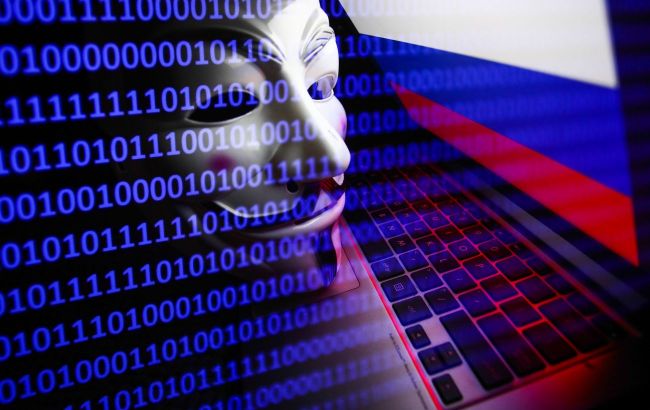German defense faces major cyberattack as investigators trace Russian link
 Photo: The Bundeswehr is facing large-scale digital threats from Russia (Getty Images)
Photo: The Bundeswehr is facing large-scale digital threats from Russia (Getty Images)
Germany's armed forces, the Bundeswehr, are under near-daily cyberattacks. Although serious damage has so far been avoided thanks to advanced technology and skilled experts, the threat is growing, informs Tagesschau.
Two incidents in June, reported by German media outlets WDR, NDR, and Süddeutsche Zeitung, were especially alarming.
In mid-June, a company in Hesse that provides satellite communication services for the Bundeswehr was hit.
The ransomware attack posed a real threat of classified information being leaked.
Preliminary findings suggest that operational traffic and the internal networks of the Ministry of Defense were not compromised. Investigations are underway by the criminal police of Hesse and North Rhine-Westphalia.
Another breach involved an engineering firm in Lower Saxony working on projects for the Bundeswehr’s Operational Command.
The company reportedly had access to classified documents, including the "Operations Plan for Germany," which outlines national defense strategy in case of war. The hackers are believed to be linked to Russian cybercriminals.
Cyber threats from Russia
German security agencies report increased collaboration between criminal hackers and "hacktivists" controlled by Russian intelligence.
This alliance enables more effective cyber espionage, particularly in strategic sectors such as critical infrastructure, defense, research institutions, and political organizations.
Since the start of Russia’s full-scale war against Ukraine in 2022, the number of large-scale cyberattacks on Western systems has surged. Common methods include DDoS attacks, phishing, and malware designed to steal data or cause sabotage.
The digital front has become a central battlefield in hybrid warfare, as repeatedly emphasized by German officials, including Chancellor Friedrich Merz.
Cyber national security is overseen by the Bundeswehr Cybersecurity Center, established in 2017, along with the Federal Counterintelligence Service.
These institutions constantly defend against emerging threats and investigate cyber incidents. However, officially attributing attacks to Russia remains difficult due to sophisticated methods used to erase digital footprints.
Recent events underscore that cyberwarfare is not just about criminal activity - it's a complex hybrid threat deeply tied to real-world military conflict.
Russian cyberattacks
Earlier this month, it emerged that the European Union may establish a new independent agency to counter Russian disinformation and election interference.
According to Swedish MEP Tomas Tobé, the agency would serve as a rapid-response center to combat Kremlin-led information attacks.
Meanwhile, RBC-Ukraine's website has continued to face cyberattacks, with traces leading to Russia as of July 3.
Additionally, last year, Poland's PAP news agency was twice hacked to publish false reports about a supposed partial mobilization to send troops to Ukraine.
Both Polish media and government officials confirmed that it was a Russian cyberattack.

